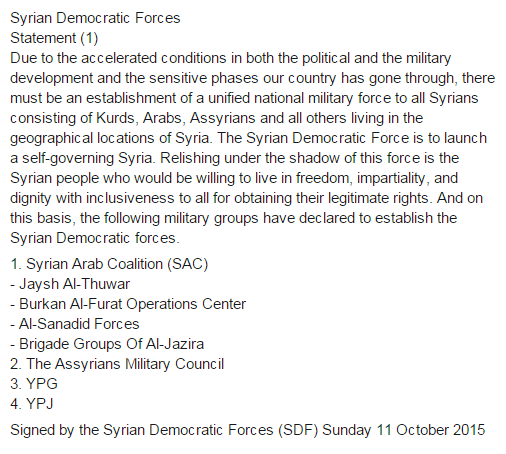Aaron Stein and Noah Blaser write: Nearly two months after renewed fighting between the Kurdistan Workers’ Party (PKK) and Turkish security forces dashed hopes for an historic ceasefire, a deadly cycle of violence gripped Turkey’s Kurdish southeast, recalling the darkest days of the three-decade-long conflict.
But two deadly attacks by the PKK have recently seen the government pledge to escalate the conflict further, raising alarm before scheduled national elections on November 1.
On Sunday, 16 Turkish soldiers were killed in a roadside bomb attack – the deadliest strike yet in tit-for-tat violence that has killed 113 security officers and scores of civilians since July. That attack was followed by the death of at least 10 police officers in an improvised explosive device attack near the small town of Igdir on Tuesday.
Riding a wave of national anger that saw attacks on Kurdish businesses and political parties this week, Turkish Prime Minister Ahmet Davutoglu announced the government’s intent to “wipe out” the PKK fighters.
Already, there is fighting inside many Kurdish-majority cities in Turkey’s southeast. On Sunday, Turkey’s pro-government media reported that Turkey’s military would respond to the attacks by deploying 5,000 police and military personnel to each of Turkey’s 20 most restive, pro-PKK towns and cities. [Continue reading…]
AFP reports: An angry crowd on Tuesday attacked the Ankara headquarters of Turkey’s main pro-Kurdish party, in a night of nationalist-tinged violence across the country, reports and officials said.
Dozens of nationalist protesters marched on the the headquarters of the pro-Kurdish Peoples’ Democratic Party (HDP) in Ankara, throwing stones and ripping down the sign outside, pictures broadcast by the CNN-Turk channel showed. [Continue reading…]
Today’s Zaman reports: Cutting short a trip to a number of European Union countries after the news broke that 16 Turkish soldiers had been killed in an attack by the terrorist Kurdistan Workers’ Party (PKK) in the Dağlıca area of Hakkari province on Sunday afternoon, Peoples’ Democratic Party (HDP) Co-chair Selahattin Demirtaş called on Turks and Kurds to join forces to bring an end to the violence in Turkey and said that “peace will win at the end” after arriving at İstanbul Atatürk Airport on Monday.
Speaking to journalists upon his arrival, Demirtaş said the death of the 16 soldiers had saddened millions of people in Turkey and that the country mourns the deaths of all members of the security forces who are killed. Demirtaş also called on all Turkish nationals not to break their brotherhood, saying that peace was the best option for everyone. [Continue reading…]
Meanwhile, The Independent reports: Growing numbers of young Iraqi Kurds are joining the Kurdistan Workers’ Party (PKK), despite the breakdown of the rebel group’s ceasefire with the Turkish government, which has unleashed repeated air strikes against its bases in northern Iraq.
The PKK is considered a terrorist group by the US and the EU as well as by Turkey, but young Kurds say they want to join its fighters in the battle against Isis – partly out of frustration at the perceived failings of their own government in the semi-autonomous Kurdistan region. Young Kurds appear to be undeterred by the risk of attack by Turkish forces – which sent ground troops into northern Iraq without Kurdish permission for the first time since 2011, in what was described as a “short-term” operation to hunt down Kurdish rebels.
Two battalions from Turkey’s special forces were said by officials to be in “hot pursuit” of those involved in a roadside bomb attack that killed 16 soldiers on Sunday. A further roadside bomb blamed on the PKK killed 14 police officers in eastern Turkey on Tuesday. [Continue reading…]
Burak Kadercan writes: Put simply, ethnic tensions are rising and [Turkey’s President] Erdogan plays an important role in their escalation (or, could have done more to keep a lid on them), but he is not the sole driver of the crisis. We are looking at a multi-player game of chicken where different actors are speeding toward each other with no intention to step on the brakes. Erdogan is driving the largest vehicle, but it takes more than one driver to cause a pileup.
Turkey’s Kurdish question is no longer a domestic affair. In fact, thanks to the rise of the YPG, a Syrian Kurdish militia and an organic affiliate of PKK, what happens in Syria will have direct implications for the future of the Kurdish question in Turkey. Universally championed as a capable and willing fighting force against ISIL, the YPG is gaining ground not only in Syria, but also in the hearts of many in the international community. [Continue reading…]


